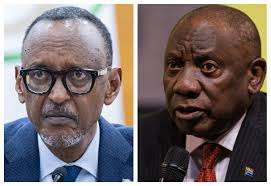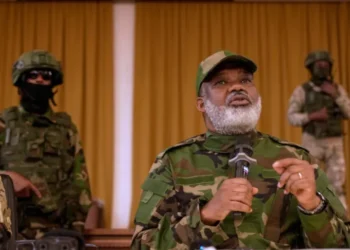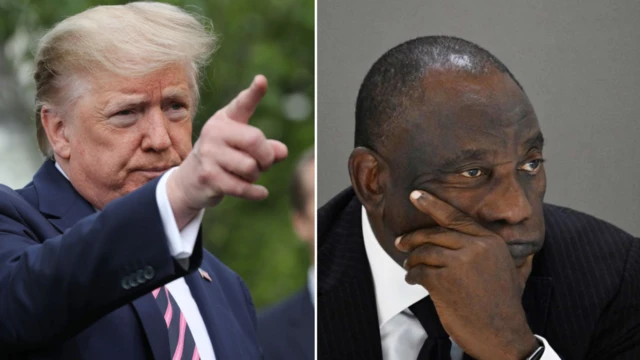Regional and continental business support organizations have lined up to help Africa’s private sector benefit from the continent’s free trade area. after.
At a webinar that highlighted the progress the Agreement has made, business support organizations indicated their readiness to play a crucial role in the success of the African Continental Free Trade Area (AfCFTA).
The International Trade Centre (ITC) and the AfCFTA Secretariat held a webinar to update these organizations on the free trade bloc’s negotiations and implementation. The session also presented findings of their joint exercise to map business support organizations across the region.
The regional and continental business groups used the session to voice their priorities and needs, as well as to explore methods to update their services on the AfCFTA. The collaborative effort is part of a broader joint commitment to make free trade work for Africa’s private sector.
Kicking off the session, the AfCFTA Secretariat explained its Guided Trade Initiative. The new scheme aims to support businesses to conduct meaningfully commercial trade within the bloc. Eight countries such as Cameroon, Egypt, Ghana, Kenya, Mauritius, Rwanda, Tunisia, and United Republic of Tanzania – have signed onto the Initiative. More are expected to join in 2023, a year that the African Union has targeted to accelerate the AfCFTA.
The AfCFTA Private Sector Engagement Plan was also presented, including plans to establish a dedicated business platform to host the first AfCFTA Business Forum in April 2023.
ITC also gave a two-part presentation underscoring what makes a successful business support organization, building upon an African directory presented on the margins of the AU Industrialisation Summit in Niamey in November 2022.
Success of business support organization was explained through the REACT model, which calls for being Ready, Expert, Agile, Connected and Trusted. The organizations were encouraged to act in three directions including: Upwards by aggregating the private sector position to inform policy; sideways to improve connectedness between regional bodies as well as private sector operators; downwards to disseminate services and information to businesses.
ITC Analysis
According to ITC analysis, only 25% of African small firms have heard about the free trade agreement, making engagement with businesses crucial. Representatives were encouraged to complete the mapping survey, which is designed to contribute towards a more comprehensive and bottom-up assessment of business support organizations in Africa.
The AfCFTA launched in 2018. Once fully operational, the agreement will form the world’s largest trading bloc, connecting 1.3 billion people with a combined output of $3.4 trillion. ITC data show intra-African export potential to be $22 billion. Of the 54 countries that have signed the agreement, 46 have ratified it.
Under the agreement, AfCFTA members are committed to eliminating tariffs on most goods and services over a period of 5, 10, or 13 years, depending on the country’s level of development or the nature of the products. General long-term objectives include creating a single, liberalised market; reducing barriers to capital and labor to facilitate investment; developing regional infrastructure; and establishing a continental customs union. The overall aims of AfCFTA are to increase socioeconomic development, reduce poverty, and make Africa more competitive in the global economy.
The United Nations Economic Commission for Africa estimates that AfCFTA will boost intra-African trade by 52 percent by 2022. A report by the World Bank estimates that AfCFTA could lift 30 million Africans out of extreme poverty, boost the incomes of nearly 70 million people, and generate $450 billion in income by 2035.
On January 13, 2022, AfCFTA took a major step towards its objective with the establishment of the Pan-African Payments and Settlements System (PAPSS), which allows payments among companies operating in Africa to be done in any local currency.
READ ALSO: What Exactly Changed? – Sam George Reacts To Video Of ‘The Evolution’ Of Joe Biden On Gay Marriage




















